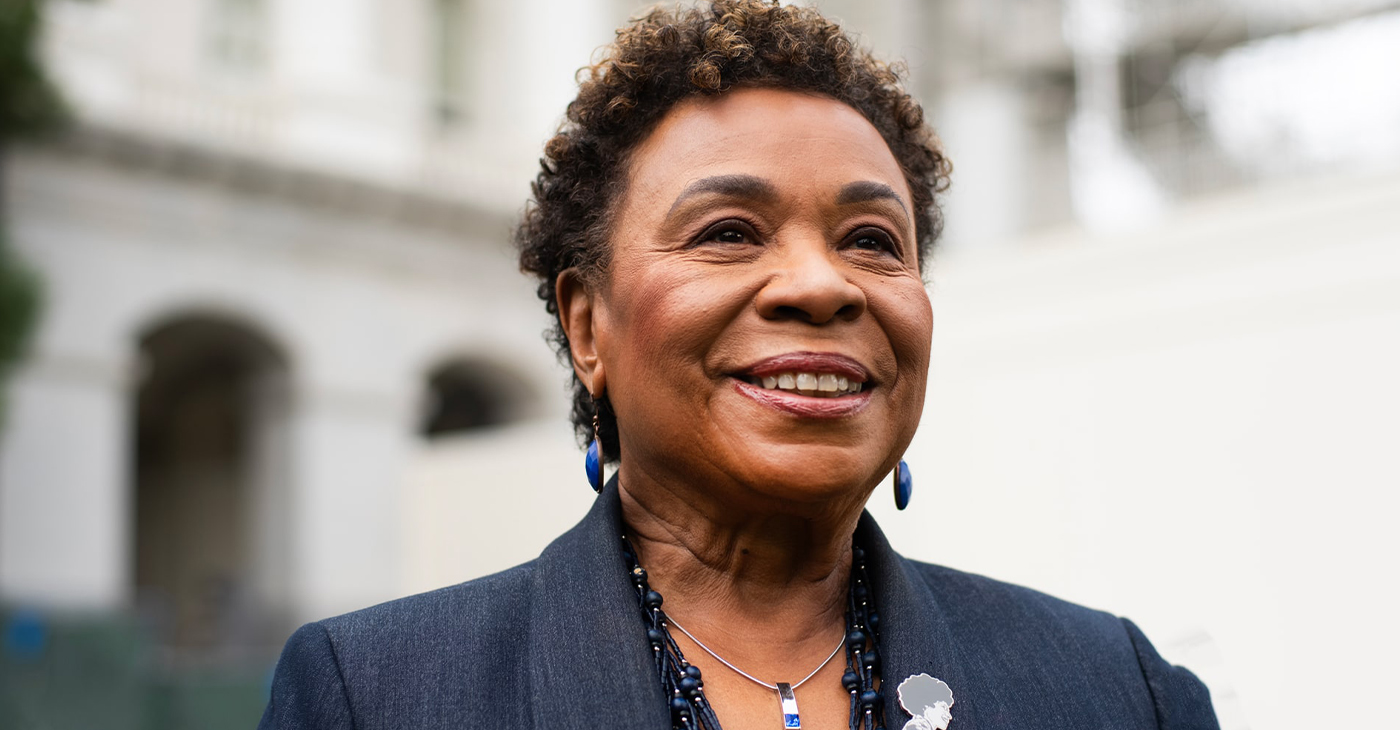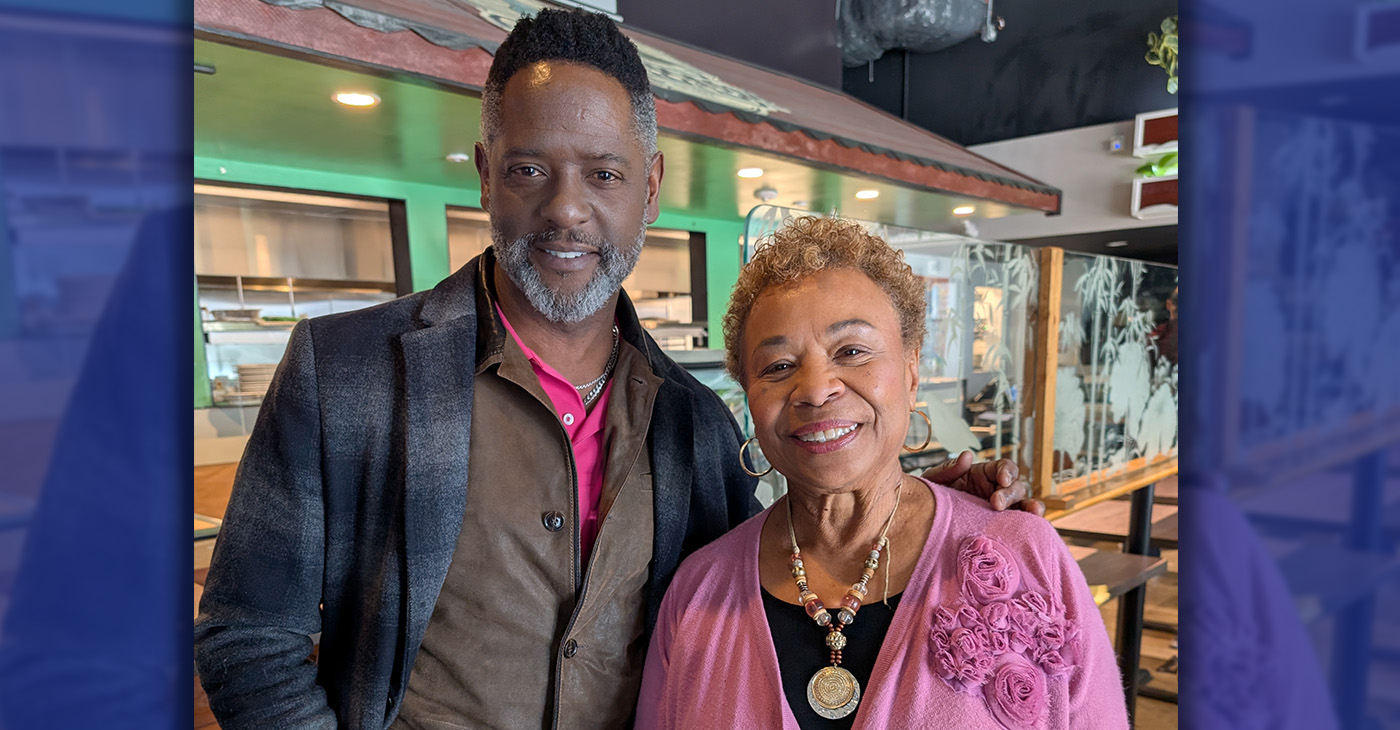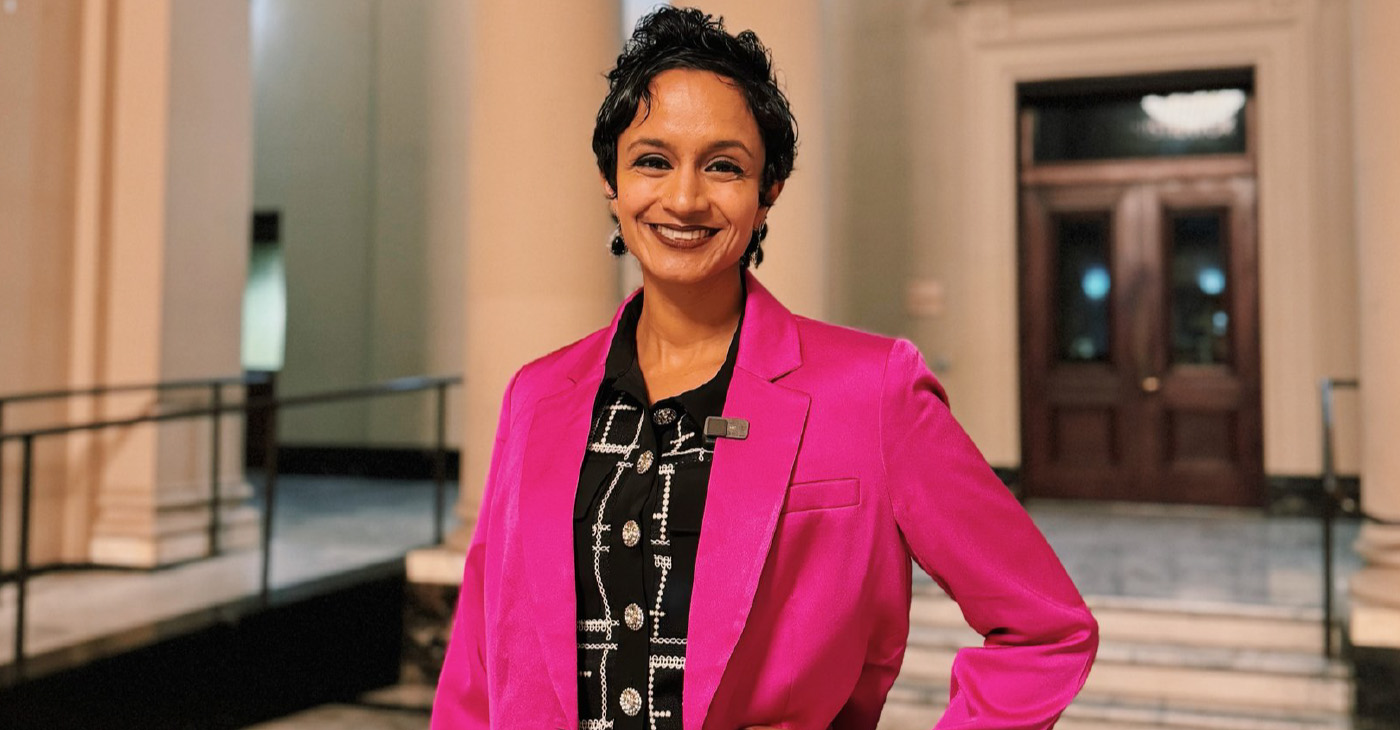Op-Ed
Corinthian Colleges Fined $30 Million
By Charlene Crowell
NNPA Columnist
Financially-troubled Corinthian Colleges, once one of the nation’s largest for-profit colleges, has a new financial hurdle: a $30 million fine.
An April 14 order by the U.S. Department of Education followed its finding 947 documented incidents of misrepresentations on job placement rates made to both current and former students. Enrollment at Corinthian’s California Heald College is banned and will also lose participation in the Title IV federal student aid programs at campuses in Salinas and Stockton. Current students must either be helped to complete their education or continue it elsewhere.
At the heart of the department’s actions, related and continuing litigation and other activism is a basic public policy question: Should students repay billions of dollars in federal student loans for an education that failed to provide what it promised?
Education Secretary Arne Duncan doesn’t think so.
“This should be a wake-up call for consumers across the country about the abuses that can exist within the for-profit college sector,” he said. “We will continue to hold the career college industry accountable and demand reform for the good of students and taxpayers. This is unacceptable, and we are holding them accountable.”
Other Heald College job placement practices that concerned the Department of Education included:
• Failing to disclose that it counted graduates whose employment either began before enrollment at Heald or preceded their graduation as job ‘placement;’
• Counting job placements that were outside of the study’s field of study as an in-field placement; and
• Paying temporary agencies to hire its graduates to work at temporary jobs on its own campuses.
The department’s actions came on the heels of mounting concerns from former students and elected officials sustained over several months.
On April 9, in a joint appeal to Secretary Duncan, nine state attorneys general called for the department to “relieve borrowers of the obligation to repay federal student loans that were incurred as a result of violations of state law by Corinthian Colleges, Inc.” State attorneys general signing the letter represented California, Illinois, Kentucky, Massachusetts, New Mexico, New York, Oregon and Washington state.
“Through their predatory practices, these unscrupulous for-profit schools have co-opted a public loan program intended to increase access to higher education and left hundreds of thousands of students in financial ruin. Students and families should not be left to bear the costs,” wrote the state officials.
Days earlier, before the attorneys general’s correspondence, a delegation of indebted former students, known as the Corinthian 100, met with the Department of Education to explain why they were withholding payments of their student loans and further asked for the department’s support. Organized by the Debt Collective, an advocacy group, the students wanted to know why the education officials would allow Corinthian College access to federal student aid while the school was under investigation for fraudulent practices and activities.
In February, the Consumer Financial Protection Bureau (CFPB) secured private loan forgiveness of $480 million for current and former Corinthian students enrolled at one of 52 campuses in 17 states. These terms were an important condition to CFPB agreeing to allow the sale of these campuses to Zenith Education, a subsidiary of Educational Credit Management Corporation (ECMC), and long-time federal loan guarantor.
According to CFPB, Corinthian deliberately raised prices on tuition in order to create a “funding gap” beyond federal grants and loans that students were pressed to close with private loans. Corinthian needed the additional private revenue because of a federal law limiting for-profit schools from receiving no more than 90 percent of their income from federal sources.
And in December 2014, 13 U.S. Senators signed a letter to Secretary Duncan that expressed shared concerns about Corinthian students’ federal student loan debts.
“If colleges fail to hold up their end of the bargain – if they break the law in ways that bear on their students’ educational experience or finances – students should not literally be stuck by paying the price,” wrote Senators from California, Connecticut, Hawaii, Illinois, Massachusetts, Minnesota, Oregon, Rhode Island, and Wisconsin.
For several years Corinthian Colleges were among the nation’s largest for-profit schools, operating under several brands — WyoTech, Heald College and Everest College. After maximizing its reliance on federal loans and Pell Grants, Corinthian’s private student loans, with higher interest rates than federal ones were used to fill funding gaps.
Corinthian’s private “Genesis” loans, unlike other student loans, required repayment to begin while students were enrolled in classes.
Last fall the Center for Responsible Lending (CRL) released research that found how high-cost, for-profit colleges make millions each year by targeting students of color. Although for-profit colleges actually enroll only 13 percent of all college students, they account for nearly half of all student loan defaults.
“For profit colleges have positioned themselves as a means for traditionally underserved students of color to achieve educational success and thus to increase their ability to earn higher incomes, and build wealth,” states the report. “If these schools do not engender better outcomes for their students and instead merely saddle students with debt, then the access these schools provide could prove to widen existing income and wealth gaps, rather than to narrow them.”
Charlene Crowell is a communications manager with the Center for Responsible Lending. She can be reached at Charlene.crowell@responsiblelending.org.
###
Activism
Oakland Post Endorses Barbara Lee
Barbara Lee will be able to unify the city around Oakland’s critical budget and financial issues, since she will walk into the mayor’s office with the support of a super majority of seven city council members — enabling her to achieve much-needed consensus on moving Oakland into a successful future.

As we end the celebration of Women’s History Month in Oakland, we endorse Barbara Lee, a woman of demonstrated historical significance. In our opinion, she has the best chance of uniting the city and achieving our needs for affordable housing, public safety, and fiscal accountability.
As a former small business owner, Barbara Lee understands how to apply tools needed to revitalize Oakland’s downtown, uptown, and neighborhood businesses.
Barbara Lee will be able to unify the city around Oakland’s critical budget and financial issues, since she will walk into the mayor’s office with the support of a super majority of seven city council members — enabling her to achieve much-needed consensus on moving Oakland into a successful future.
It is notable that many of those who fought politically on both sides of the recent recall election battles have now laid down their weapons and become brothers and sisters in support of Barbara Lee. The Oakland Post is pleased to join them.
Activism
Actor, Philanthropist Blair Underwood Visits Bay Area, Kicks Off Literacy Program in ‘New Oakland’ Initiative
These community activations were coordinated with the San Francisco-based non-profit program “Room to Read.” Ray said he is also donating his time to read and take pictures with students to encourage their engagement and to inspire them to read more. The inspirational book “Clifford Ray Saves the Day” highlights Clifford Ray’s true story of saving a dolphin.

By Paul Cobb
New Oakland Series
Opinion Part 3
The Post mentioned three weeks ago that a number of our local luminaries were coming together to support the “New Oakland” movement. As this current national administration continues to eliminate our “legacy” institutional policies and programs left and right, most communities find themselves beyond “frozen” in fear.
Well, esteemed actor, long-time Bay Area supporter, and philanthropist Blair Underwood returned to Oakland this week to speak with city leaders, community trust agents, students, the Oakland Post, and local celebrities alike to continue his “New Oakland” initiative.
This week, he kicked off his “Guess Who’s Coming to Read” literacy program in some of Oakland’s middle schools. Clifford Ray, who played the center position of the 1975 World Champion Golden State Warriors, donated close to 1,000 books. Ray’s fellow teammate Charles “The Hopper” Dudley also gave Converse sneakers to students.
These community activations were coordinated with the San Francisco-based non-profit program “Room to Read.” Ray said he is also donating his time to read and take pictures with students to encourage their engagement and to inspire them to read more. The inspirational book “Clifford Ray Saves the Day” highlights Clifford Ray’s true story of saving a dolphin.
Underwood also spent quality time with the Oakland Ballers ownership group and visited the amazing Raimondi Park West Oakland community revitalization site. In the 1996 TV film Soul of the Game, Underwood played the role of the legendary first Black Major League Baseball player Jackie Robinson and commended the Ballers owners.
“This group of sports enthusiasts/ philanthropists needs to be applauded for their human capital investment and their financial capital investment,” Underwood said. “Truly putting their money and passion to work,” Underwood said.
Underwood was also inspired by mayoral candidate Barbara Lee’s open-minded invitation to bring public-private partnership opportunities to Oakland.
Underwood said he wants to “reinforce the importance of ‘collaborative activism’ among those most marginalized by non-empathic leadership. We must ‘act out’ our discomfort with passionate intentions to create healthy change.”
Activism
Councilmembers Ramachandran, Kaplan, Unger Identify Funds to Save Oakland Fire Stations
Our budget crisis – one of the worst in Oakland’s history – is compounded by the fact that people do not feel safe coming to Oakland due to our public safety crisis. By investing in our fundamental public safety resources today, we can send a signal to the world that Oakland is open for business. We have such a rich and vibrant culture, arts, and food scene that is worth celebrating – but we can only showcase this if we are able to keep our neighborhoods safe. Having fully functioning fire stations are absolutely essential to these efforts.

By Janani Ramachandran
There is no greater concern to the people of Oakland today than public safety. Fire stations are the bread and butter of essential city services – and every day that we have stations shuttered, we imperil the lives of our community members. In response to widespread outcry over the current and planned closure of stations, myself, along with Councilmembers Kaplan and Unger, have painstakingly worked to identify millions of dollars of new funding to save our stations. The legislation we introduced on Thursday, February 13th, will amend our budget to prevent the closure of four fire stations that are currently on the chopping block due to our budget crisis and will re-open two closed stations that have already been closed – Station 25 and 28 – in the near future. The resolution that will provide the funding to keep our stations open will go before the full City Council for a vote at our meeting on Tuesday, March 4th at 3:30 PM – and we invite you to join us at City Hall to share your perspective on the topic.
Our budget crisis – one of the worst in Oakland’s history – is compounded by the fact that people do not feel safe coming to Oakland due to our public safety crisis. By investing in our fundamental public safety resources today, we can send a signal to the world that Oakland is open for business. We have such a rich and vibrant culture, arts, and food scene that is worth celebrating – but we can only showcase this if we are able to keep our neighborhoods safe. Having fully functioning fire stations are absolutely essential to these efforts.
With the devastating Los Angeles fire at the top of people’s minds, terrible memories of Oakland’s own wildfires are re-surfacing from the 1991 Oakland Hills Firestorm to the Keller fire just a few months ago – and how essential fire stations are to mitigating these catastrophes. But in Oakland, our fire stations don’t just fight wildfires – they also provide emergency medical services to our most vulnerable constituents, put out structural fires and encampment fires, and much more.
We recognize that there are a number of competing interests and important initiatives fighting for sparse City resources. But from my perspective, core safety services are the most pivotal functions that a City must spend its resources on – especially given the outcry we have heard around fire stations.
The fight to save our stations is not over. The resolution we introduced is a critical first step, and there are hurdles to overcome. If you support keeping our fire stations open, we invite you to be a part of the solution by making your voice heard at the March 4th City Council meeting at 3:30 pm.
-

 Activism3 weeks ago
Activism3 weeks agoOakland Post Endorses Barbara Lee
-

 Activism4 weeks ago
Activism4 weeks agoOakland Post: Week of March 28 – April 1, 2025
-

 Activism3 weeks ago
Activism3 weeks agoOakland Post: Week of April 2 – 8, 2025
-

 #NNPA BlackPress3 weeks ago
#NNPA BlackPress3 weeks agoTrump Profits, Black America Pays the Price
-

 Activism2 weeks ago
Activism2 weeks agoOakland Post: Week of April 9 – 15, 2025
-

 #NNPA BlackPress3 weeks ago
#NNPA BlackPress3 weeks agoHarriet Tubman Scrubbed; DEI Dismantled
-

 #NNPA BlackPress3 weeks ago
#NNPA BlackPress3 weeks agoLawmakers Greenlight Reparations Study for Descendants of Enslaved Marylanders
-

 #NNPA BlackPress3 weeks ago
#NNPA BlackPress3 weeks agoTrump Targets a Slavery Removal from the National Museum of African-American History and Culture


























































